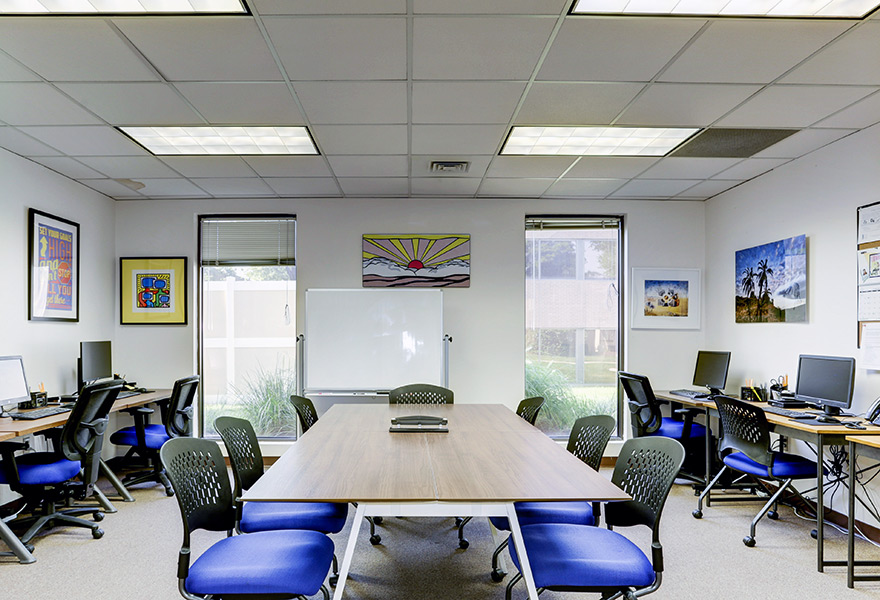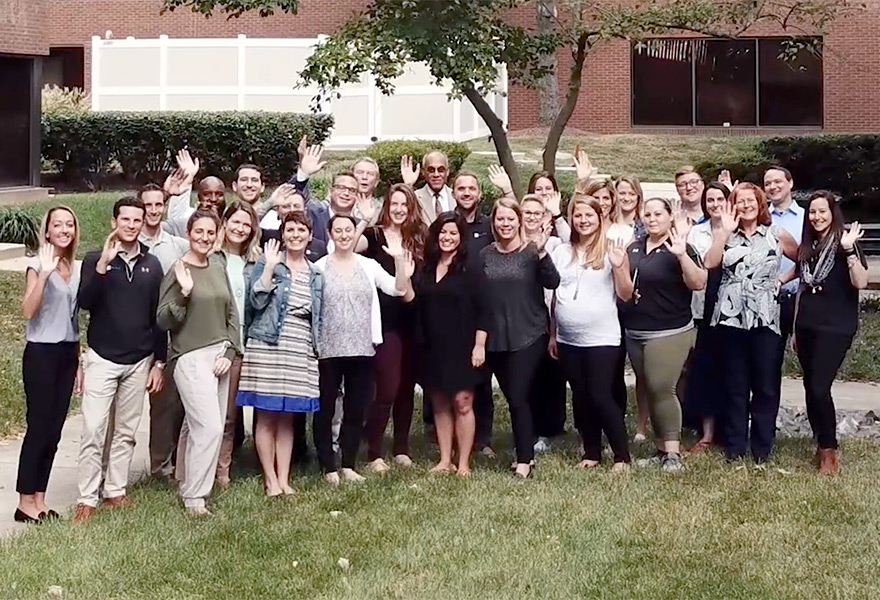Much more than job training, MARC’s process teaches the necessary life skills for independence and self-sufficiency, helping patients find purpose and direction in early recovery and beyond.
In order to truly treat addiction effectively, treatment must include supportive services that aid patients into transitioning into the next phase of early recovery, which includes a vocational or career path that allows patients to be both self-supportive, as well as learn how to live and work while sustaining a successful recovery. One of the things that sets Maryland Addiction Recovery Center apart from other rehabs or treatment centers is a comprehensive vocational track that guides and supports patients to effectively and appropriately transition from treatment into the next phase of employment with necessary life skills. MARC’s vocational track offers patients a one-on-one customized approach to real life issues that often can be a barrier to recovery.
MARC’s vocational track process includes a phased system that guides and supports patients into learning the necessary skill set to search, find and acquire employment, and then learn to live in early recovery with the responsibilities of being a productive member of society within the local community. Patients learn professional behavior and attire, job search and interview skills, interaction with employers and as an employee. Once employed, patients create a customized treatment schedule that clinically supports both employment and recovery. Patients learn how to live on their own, with the necessary clinical support of MARC’s therapists and vocational specialists, so that the stressors of the “real world” that can often cause relapse or barriers to recovery, are successfully navigated and diminished.


If you or a loved one need help, we are here to guide you through every step of your recovery. Call us today at 410.773.0500




